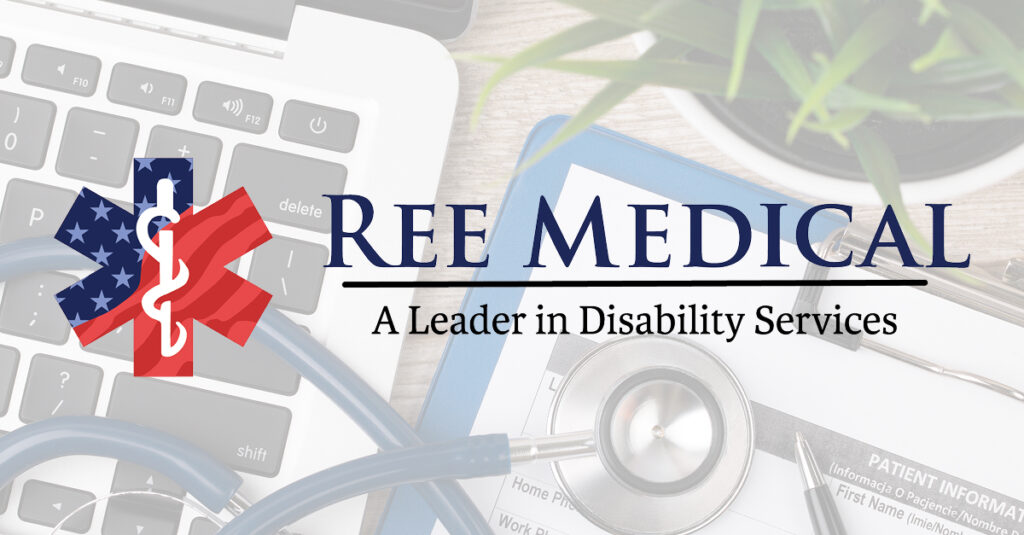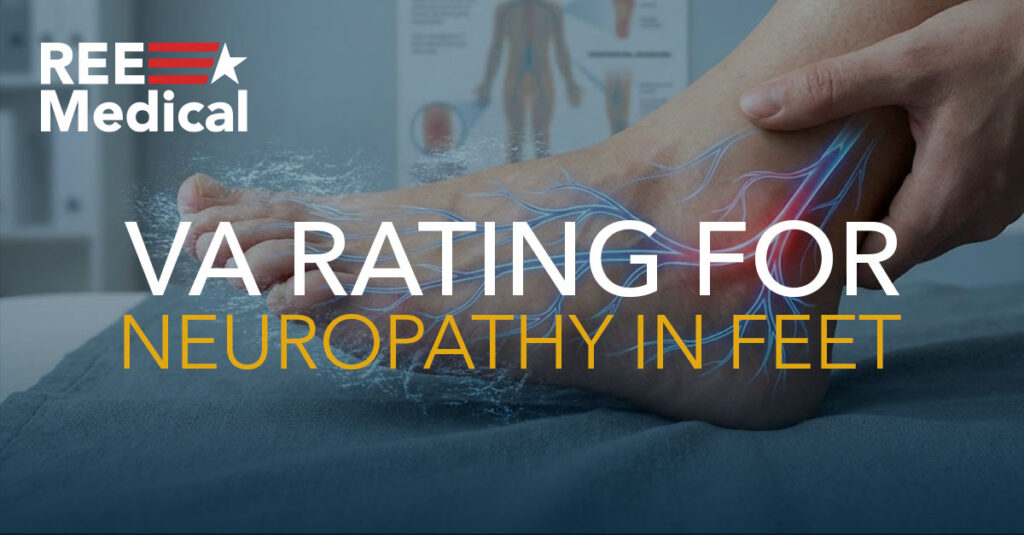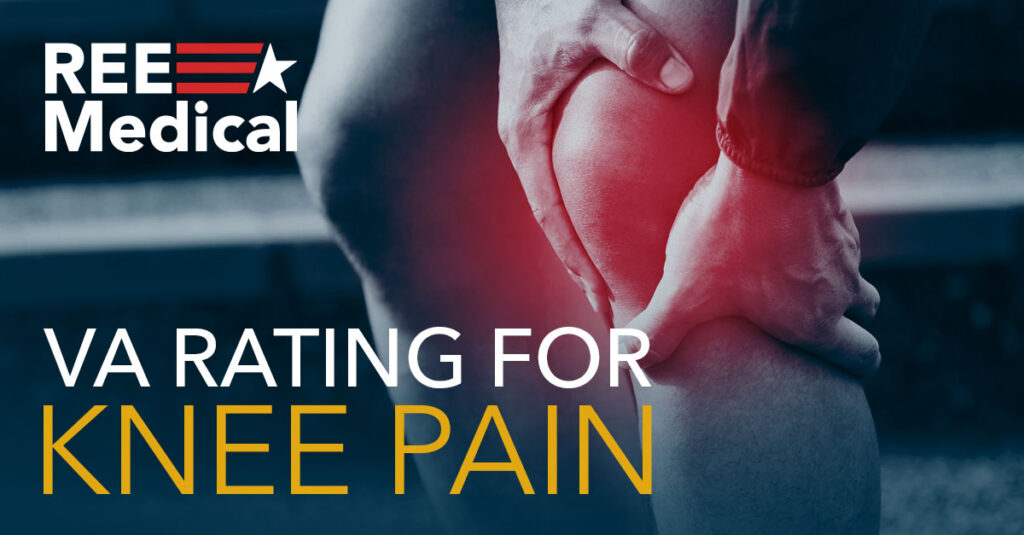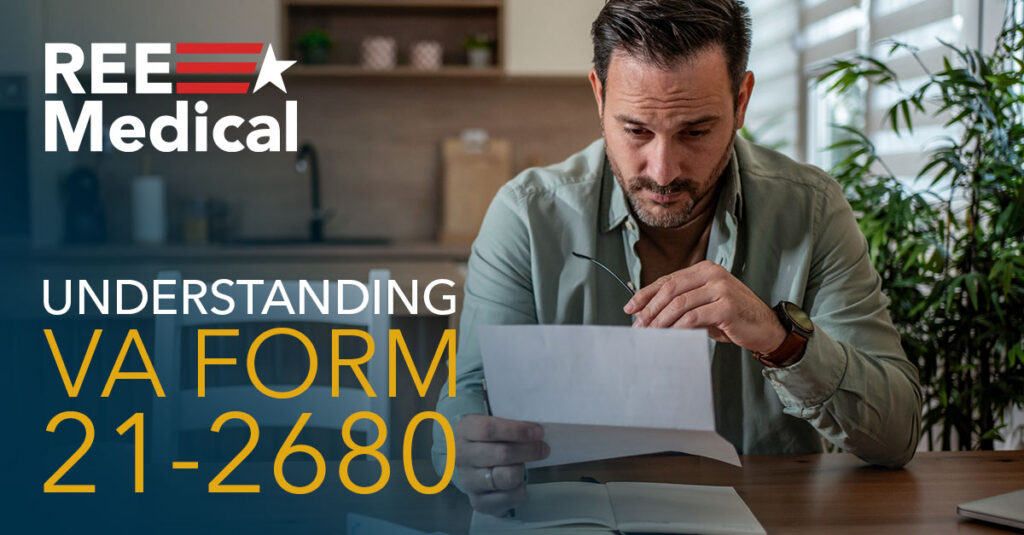Post-traumatic stress disorder, or PTSD, is a psychiatric disorder that can develop in individuals who have experienced or witnessed a traumatic event. Veterans are particularly susceptible due to the nature of their service. Exposure to combat experiences, sexual assault, natural disasters or other incidents that cause significant distress can all result in PTSD.
Navigating any path to VA disability benefits can be overwhelming, particularly when dealing with PTSD. However, it can also be a crucial means of accessing the support and resources needed to manage the condition. The knowledge that many other Vets are struggling with PTSD and the ability to recognize the symptoms of the disorder are two of the best ways to begin the journey toward the benefits you deserve.
PTSD in Veterans
According to the National Center for PTSD, as many as 29 percent of Veterans who served during Operations Iraqi Freedom (OIF) and Enduring Freedom (OEF) will experience PTSD in their lifetime. Similarly, 21 percent of Veterans from the Persian Gulf War service era will deal with PTSD at some point in life.
The research also indicates that deployment likely increases the risk of PTSD. In some studies, PTSD is three times more likely among Veterans who deployed compared to those of the same service area who did not.
While physical injuries may be more visible, mental health issues should not be ignored. It’s also vital that Veterans don’t hesitate to seek benefits for PTSD due to incorrect or outdated beliefs. Simply submitting a diagnosis of PTSD to the VA and receiving a disability rating for it will not affect your ability to own a gun under federal law.
In reality, pursuing a disability claim for PTSD can result in life-changing compensation and open the door to life-saving treatment.
Recognizing the symptoms of PTSD
It’s clear that PTSD affects a substantial number of Veterans, but it often manifests differently in each individual. Veterans may experience a range of distressing symptoms and not even realize the severity of the condition.
Flashbacks and nightmares are common, while extreme anxiety and hypervigilance can make it difficult for them to feel safe, even in non-threatening environments. Uncontrollable thoughts about a traumatic experience can intrude upon their daily lives, making it hard to concentrate or engage in routine activities.
Dealing with PTSD can significantly disrupt your personal and professional life. The symptoms can strain relationships with family and friends, and Veterans often become withdrawn, irritable, or prone to outbursts, further isolating them from their support networks.
Establishing service connection for PTSD
As with any VA disability claim, approval is based on connecting the condition to your time in the military.
In some cases, pursuing benefits for PTSD will be more straightforward than in others. Veterans who were diagnosed during service, participated in enemy combat or were prisoners of war will have an obvious stressor to point to as the cause of their symptoms. PTSD stemming from a fear of hostile military or terrorist activities or that is the result of a documented in-service personal assault is also commonly considered service-connected.
If your condition is not due to any of those experiences, you’ll need to explain the incidents that led to your PTSD very clearly. Unlike with other disabilities, the VA’s guidelines require a Veteran with PTSD to present “concrete evidence of a specific in-service stressor.”
Get accurate PTSD documentation from REE Medical
Making a benefits claim for PTSD requires the submission of a Disability Benefits Questionnaire (DBQ). These comprehensive documents capture the essential details of a specific diagnosed condition. REE Medical can connect you with an independent healthcare provider and ensure you receive an accurate DBQ that strengthens your claim.
Of course, the Department of Veterans Administration will make the final decision on your request for service connection and disability rating. Still, the outcome relies heavily on the ability of the medical documentation you provide to provide a complete accounting of your condition and its origins.
If you believe service-connected PTSD is impacting your life, the Intake Coordinators at REE Medical are ready to explain the importance of accurate medical evidence. Schedule a free consultation to discuss your options today.





